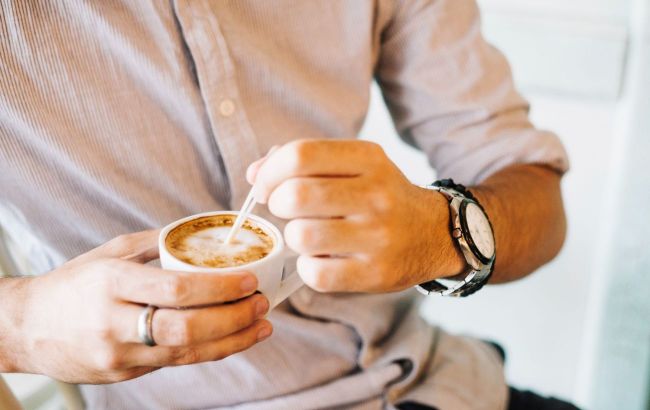Coffee and why you shouldn't drink it when sleep deprived
 Illustrative photo (Freepik)
Illustrative photo (Freepik)
For many, the morning doesn't truly begin until they've had their coffee. Whether you prefer black coffee or iced coffee, drinking such a beverage while sleep-deprived is not advisable.
Impact of coffee on sleep deprivation
Caffeine is a natural substance that promotes alertness by blocking the brain's adenosine receptors, which are responsible for inducing feelings of sleepiness and fatigue.
Caffeine reaches its peak level in the blood within 30-60 minutes and has a half-life of 3 to 5 hours. The half-life is the time it takes for your body to eliminate half of the substance.
Residual caffeine can remain in your body for a long time.
Consistently using caffeine as a means to stay awake can dangerously affect your cognitive abilities.
Scientists conducted research and found that consuming caffeine after a poor night's sleep can lead to a reduction in the volume of gray matter in the brain.
Gray matter is a special type of tissue in the brain and central nervous system, consisting of neuronal bodies, axon terminals, and dendrites, responsible for sending and receiving electrical signals from other cells.
Gray matter also controls your body's movements, memory, and emotions, making up approximately 40% of the brain. In other words, gray matter is extremely important, and its damage can harm brain health.
Harm of coffee
A strong energy drink can raise cholesterol levels in the blood, leach calcium from bones, and increase the risk of fractures, so it should not be consumed frequently by children and the elderly.
It's important to know that coffee has a mild narcotic effect. Frequent consumption can lead to dependency.
It also has a diuretic effect, which can lead to dehydration. The drink enhances the effects of alcoholic beverages and accelerates intoxication.
Additionally, coffee negatively impacts the color of tooth enamel.
Daily coffee limit
With normal sleep, it is recommended that an adult consumes no more than 400 mg of caffeine per day. On average, one serving (without milk) contains approximately 100 mg of caffeine.
Therefore, the optimal daily intake is considered to be 3-5 cups of coffee, depending on its strength, but it's better to consume 1-2.

